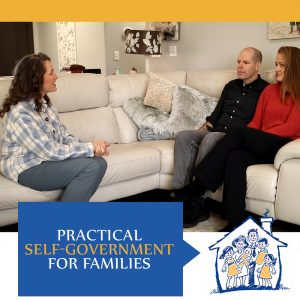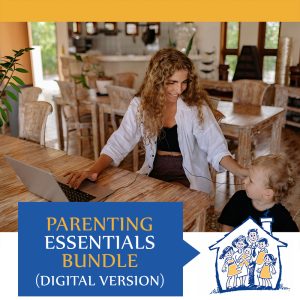Parenting in Public
I’m often asked how to parent in public. So many parents are tired of being the only ones trying to get their kids to behave properly and having their kids’ friends look at them like they’re acting like the wicked witch. Parents want their kids to enjoy playing with friends, but that doesn’t mean they have to let their children misbehave or do things that are rude or inappropriate. It really boils down to knowing how to handle different expectations of children’s behavior.
So, what’s the right way to parent in public? Parent like you always do. Be the example, even if people don’t seem to understand effective parent/child communication. I have one rule with public parenting: make sure the child feels safe in the setting before correcting behaviors. In other words, pulling the child aside or whispering in their ear is often better for building respect and handling social anxiety.
If you parent the way you always do when you’re away from home, you’re rare. You’re secure in your parenting. You know your language is inspiring a whole group, as well as your children. Being consistent with your parenting also teaches your children that they should govern their behaviors all the time, not just at home. If you stop your job as a parent, children feel it’s OK to stop doing their jobs as well.
Be an Inspiration
I promise you’ll inspire other parents to change if you’re attentive to your children and conscious of what lessons they need to be taught. They may not seem inspired by you, but they are. Trust that they’re asking themselves questions like, “How does my parenting compare with her parenting? Can I improve?”
If people think of you as a “wicked witch,” then either you’re behaving like a witch or they haven’t yet learned the Four Basic Skills. A person who doesn’t know how to accept “No” answers is going to choose to feel attacked. This isn’t your fault. When I parent in front of groups, I always pre-teach because it shows compassion and reminds everyone how to control their own behaviors. Pre-teaching is also a reminder that the child is doing the choosing, not you.
Don’t Be Afraid
As a general rule, I try to avoid teaching my children when people are around, but if a situation needs to be taught to, I don’t ignore it. Ignoring the situation hurts my child.
Plan your corrective teaching language. Remember to say, “Just now…” to describe what happened. Then say, “What you should have done was…” If you begin your teaching with a description, people don’t usually look at you as critical or controlling like they would if you start with “No…” or “Don’t…”
Be Transparent
I know a man who is nice when he’s in groups, but when he’s alone with his family, he’s controlling and mean. Who he is with his family is who he really is inside, but who he is when he’s in public is who he wants to be. Most people hide who they really are and what they really think when they’re in public. This is good and bad.
Getting in the habit of hiding in public makes it hard to parent in public. We all know we have weaknesses in our parenting, and we’re afraid of showing those weaknesses to others. Trying to maintain a false front is what makes public parenting so hard for most people.
I’m not saying that I enjoy parenting my children in front of an audience but knowing that I parent the same in public as I do in private makes the experience a little better.
If we learn how to govern our own behaviors as parents, then we can show the world strength and good communication in our public interactions with our children. By being consistent and learning how to effectively communicate, we can inspire change in those people who give you strange looks when you teach your children in front of them.
Don’t worry about the looks they give you. They’re really evaluating their own parenting. If you’re doing your job right, your friends and family will leave your presence inspired to be better.






